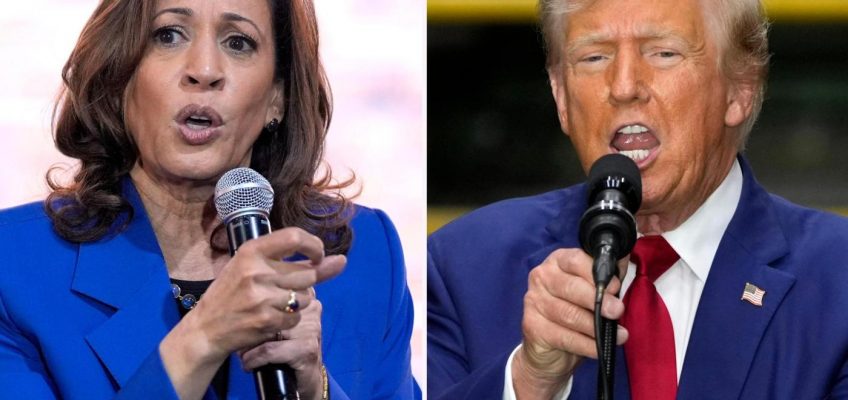By CHRISTINA A. CASSIDY and ALI SWENSON
WASHINGTON (AP) — Security for America’s election systems has become so robust that Russia, Iran or any other foreign adversary will not be able to alter the outcome of this year’s presidential race, the head of the nation’s cybersecurity agency said Wednesday.
Jen Easterly told The Associated Press in an interview that voting, ballot-counting and other election infrastructure is more secure today than it’s ever been.
“Malicious actors, even if they tried, could not have an impact at scale such that there would be a material effect on the outcome of the election,” said Easterly, director of the U.S. Cybersecurity and Infrastructure Security Agency.
Federal agencies have warned of growing attempts by Russia and Iran in particular to influence voters before the Nov. 5 election and election conspiracy theories have left millions of Americans doubting the validity of election results.
Easterly said those efforts are primarily aimed at sowing discord among Americans and undermining faith in the security of the nation’s elections.
U.S. officials have spent recent months warning through criminal charges, sanctions and public advisories that foreign adversaries are ramping up their efforts to influence the White House contest between Republican Donald Trump and Democrat Kamala Harris.
The Biden administration last month seized more than two dozen Kremlin-run fake websites and charged two Russian state media employees in a scheme to covertly fund right-wing influencers.
Last week, three Iranian operatives were charged with hacking Trump’s campaign in what the Justice Department says was part of a sweeping effort to undermine the former president and erode confidence in the U.S. electoral system.
Intelligence agencies and tech companies have tracked both Russian and Iranian actors using fake websites and social media profiles to spread misinformation, stoke division and potentially sway American voters. Iran and Russia have sought to influence past U.S. elections through online disinformation and hacking.
Easterly noted that China also was “very interested” in influencing the 2024 election.
Beyond the influence campaigns, she said her agency had not detected any activity targeting election systems.
“We have not seen specific cyber activity designed to interfere with actual election infrastructure or processes,” Easterly said.
Related Articles
Prosecutors: Trump ‘resorted to crimes’ after losing 2020 election in failed bid to cling to power
Alaska resource projects and landscapes are again in the crosshairs of a presidential election
‘The white-hot laser of hate’ is trained on Springfield, Ohio. How long will it last?
Pennsylvania town grapples with Trump assassination attempt ahead of his return
Pennsylvania Republican in key swing-state Senate race backs using military to fight fentanyl
The prevalence of election misinformation has become a widespread concern, with secretaries of state and some larger local election offices establishing specific efforts to combat it.
U.S. Sen. Mark Warner of Virginia, a Democrat who leads the Senate Intelligence Committee, last week wrote a letter to Easterly that urged the agency to take further steps against election misinformation and disinformation, including coordinating with social media platforms to combat false claims.
In the interview, Easterly acknowledged “a very convoluted, very confusing information environment,” and said her agency works with election officials to promote accurate information. However, she also made it clear that her agency does not monitor social media sites or attempt to moderate their content.
“That is not our role,” she said.
She encouraged voters who question how elections are run to contact their local election office and even volunteer to serve as poll workers so they understand the process and the safeguards already in place.
“There will be a lot of information out there in the coming months. It will be up to every voter to be able to understand the signal from the noise,” Easterly said. “That trusted signal is coming from your state and local election officials.”


Leave a Reply